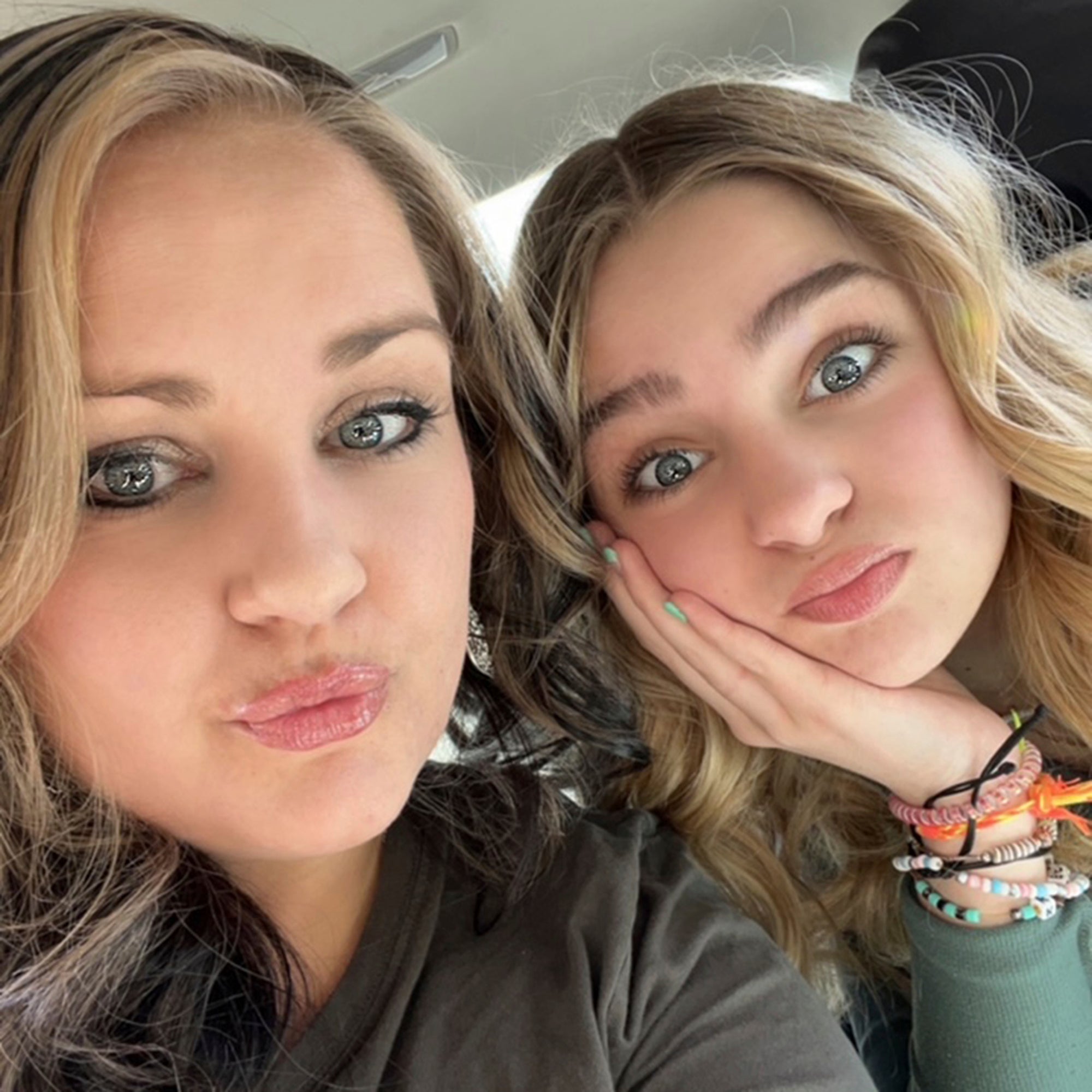A Colorado man has reportedly settled a lawsuit claiming he got E. coli after eating at McDonald’s during a multi-state outbreak of the bacteria linked to the chain.
Eric Stelly sued the fast food chain in October, shortly after federal health officials disclosed an E. coli outbreak across multiple states linked to McDonald’s Quarter Pounder burgers and other items that contained contaminated onions.
The suit claimed Stelly suffered from symptoms of E. coli poisoning, including nausea, cramps, and bloody stool,s after eating at a McDonald’s in Greeley.
"Never did I expect to suffer like this from eating a burger," Stelly told USA Today when he filed his suit. "I hope my lawsuit can shed light on how this happened so that McDonald’s can fix the problems and prevent them from happening again."
The terms of the reported settlement over the claims could not be disclosed, Stelly’s lawyer told The Denver Post.
The Independent has contacted McDonald’s for comment and confirmation on the outcome of the suit.
Colorado was especially hard hit by the outbreak, which ended in late 2024.
There were 30 Colorado residents, one of whom died from complications, among the 104 people across 14 states who got documented infections from the outbreak.
Health officials concluded that fresh, slivered onions being served at McDonald’s restaurants were the “likely source” of the outbreak.
Among 81 people interviewed as part of disease surveillance, 99 percent said they had eaten at McDonald’s, with 84 percent recalling a dish with slivered onions, according to the CDC.
Stelly wasn’t the only Colorado resident who said they got sick from McDonald’s as part of the outbreak.

Kamberlyn Bowler, a 15-year-old high school freshman at the time, was flown to a hospital and given emergency dialysis after eating McDonald’s Quarter Pounders three times in the weeks before the outbreak was detected.
“It’s pretty scary to know that we put so much faith and trust that we’re going to be eating something that’s healthy and for it to be broken,” her mother, Brittany Randall, said at the time.
Federal health officials cleared McDonald’s in December.
“There were no new illnesses associated with consumers eating at McDonald’s following our swift and decisive action on October 22, 2024,” McDonald’s executives said in a statement at the time. “This reinforces the importance of our values, particularly in moving quickly to do the right thing and to always put people first.
Most forms of E. coli bacteria are harmless to humans, but certain strains can make people sick with diarrhea, urinary tract infections, pneumonia, sepsis, and other illnesses, according to the CDC.
People get infected with the bacteria after swallowing them, often through coming into contact with contaminated food or water.
Boycott of McDonald’s to begin this week: ‘This is about more than burgers and fries’
McDonald’s dethroned as world’s largest fast food chain by company with no restaurants in the US
McDonald’s E coli outbreak cleared by CDC after investigation
Downsize me: McDonald’s plans to cut combo meal prices after complaints
HelloFresh ordered to pay $7.5 million for making subscriptions difficult to cancel
Ex-Fox News anchor’s rape accuser ‘feels vindicated’ after assault charge is dropped







